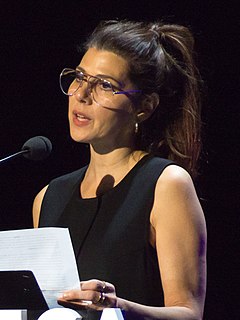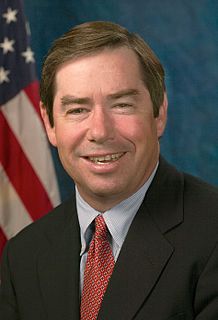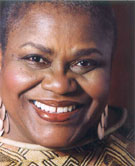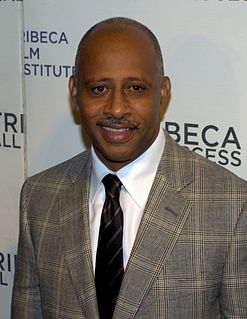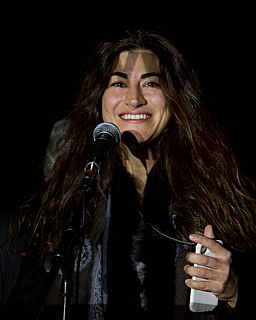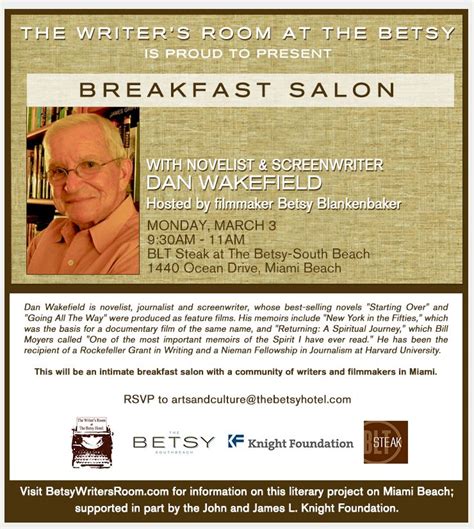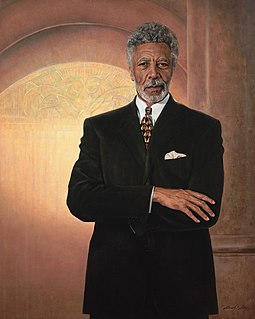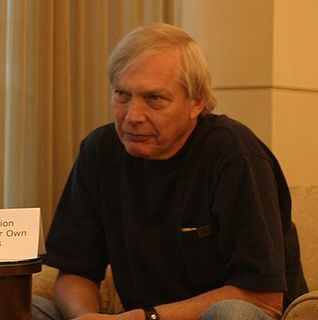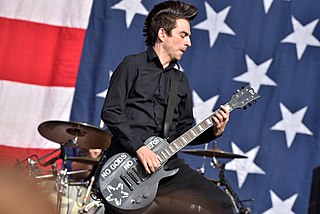Top 1200 Civil Rights Movement Quotes & Sayings
Explore popular Civil Rights Movement quotes.
Last updated on April 14, 2025.
The gay rights movement of recent years has been an inspiring victory for humanity and it is in the tradition of the civil rights movement when I was a young boy in the South, the women's suffrage movement when my mother was a young woman in Tennessee, the abolition movement much farther back, and the anti-apartheid movement when I was in the House of Representatives. All of these movements have one thing in common: the opposition to progress was rooted in an outdated understanding of morality.
Particularly black Americans, many of them, from quotes that I have seen and conversations I've had, are sort of insulted that the civil rights movement is being hijacked - the rhetoric of the civil rights movement is being hijacked for something like same sex marriage. Black Americans tend to have a higher degree of religiosity.
The civil rights movement didn't deal with the issue of political disenfranchisement in the Northern cities. It didn't deal with the issues that were happening in places like Detroit, where there was a deep process of deindustrialization going on. So you have this response of angry young people, with a war going on in Vietnam, a poverty program that was insufficient, and police brutality. All these things gave rise to the black power movement. The black power movement was not a separation from the civil rights movement, but a continuation of this whole process of democratization.
In the South, prior to the Civil Rights movement and the 1964 Civil Rights Act, democracy was the rule. The majority of people were white, and the white majority had little or no respect for any rights which the black minority had relative to property, or even to their own lives. The majority - the mob and occasionally the lynch mob - ruled.
Any of us who work on the task of solving the climate crisis have at times an internal struggle between hope and despair. But that's one of the things that connects this climate movement to the previous great moral revolutions, like the civil rights movement and more recently the gay rights movement. So those who feel despair should be of good cheer, as the Bible says. Have faith, have hope. We are going to win this.
Yes, it is hard out there. But hard is relative. I come from a middle-class family, my parents are academics. I was born after the Civil Rights movement, I was a toddler during the women's movement, I live in the United States of America, all of which means I am allowed to own my freedom, my rights, my voice and my uterus.
I think one of the tragedies of the civil rights movement was because the civil rights movement became so court-focused, I think that there was a tendency to lose track of the political and community organizing, and activities on the ground, that are able to put together the actual coalitions of power throughout which you bring about redistributive change. And in some ways, we still suffer from that.
If the Rev. Martin Luther King Jr.'s civil rights movement made demands that altered the course of American lives and backed up those demands with the willingness to give up your life in service of your civil rights, with Black Lives Matter, a more internalized change is being asked for: recognition.
For black politicians, civil rights organizations and white liberals to support the racist practices of the University of Michigan amounts to no less than a gross betrayal of the civil rights principles of our historic struggle from slavery to the final guarantee of constitutional rights to all Americans. Indeed, it was practices like those of the University of Michigan, but against blacks, that were the focal point of much of the civil rights movement.
That was exciting to be able to comment on civil rights. I mean, the civil rights movement that young people don't know about today, but Martin Luther King was considered by the establishment press in the early years of the sit-in movement as a dangerous man, and he was the equivalent at that time as Malcolm X. And he was told to stop his demonstrations; they were against the law and all of that. Now that he's sainted and sanctified we've forgotten.
My father told me about American democracy. And he said you have to be actively engaged in the political process to make our democracy work. So I've been doing that my entire life. Civil rights movement. The peace movement during the Vietnam conflict. The movement to get an apology and redress for Japanese-Americans.
In the summer of 1966, I went to Mississippi to be in the heart of the civil-rights movement, helping people who had been thrown off the farms or taken off the welfare roles for registering to vote. While working there, I met the civil-rights lawyer I later married - we became an interracial couple.
How blind to believe the civil rights movement ever ended. The civil rights movement never ends, and it never will. It has been marching since the beginning of time. Where Martin Luther King started is where Gandhi left off, and where he started, Abe Lincoln left off, and before that Whitfield all the way back to Moses. God has not moved. We have. But it is never too late. We are not at the mercy of these events. We can alter the course of history. We can stand against the dangerous arc of this story. But we need people who are willing to speak truth.
Generally, the arguments for same-sex marriage go along these lines: 'I have a civil right.' What the homosexual movement wants to do is to hitch their agenda to the civil rights movement, but I point out that this is illegitimate for a number of reasons. Number one, no black person has ever left his black-ness or changed his black-ness, but plenty of people have come out of the homosexual movement. What we need to do is distinguish between race and behavior.
Eventually [black men] are arrested, whether they've committed any serious crime or not, and branded criminals or felons for life. Upon release, they're ushered into a parallel social universe in which the civil and human rights supposedly won during the Civil Rights Movement no longer apply to them.
The great social justice changes in our country have happened when people came together, organized, and took direct action. It is this right that sustains and nurtures our democracy today. The civil rights movement, the labor movement, the women's movement, and the equality movement for our LGBT brothers and sisters are all manifestations of these rights.
I've always felt that homophobic attitudes and policies were unjust and unworthy of a free society and must be opposed by all Americans who believe in democracy. The civil rights movement thrives on unity and inclusion, not division and exclusion. My husband's struggle parallels that of the gay rights movement.
In less than a century we experienced great movement. The youth movement! The labor movement! The civil rights movement! The peace movement! The solidarity movement! The women's movement! The disability movement! The disarmament movement! The gay rights movement! The environmental movement! Movement! Transformation! Is there any reason to believe we are done?
For many years now, I have been an outspoken supporter of civil and human rights for gay and lesbian people. Gays and lesbians stood up for civil rights in Montgomery, Selma, in Albany, Ga. and St. Augustine, Fla., and many other campaigns of the Civil Rights Movement. Many of these courageous men and women were fighting for my freedom at a time when they could find few voices for their own, and I salute their contributions.
